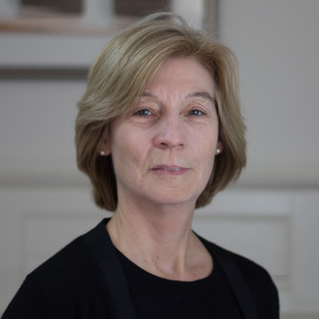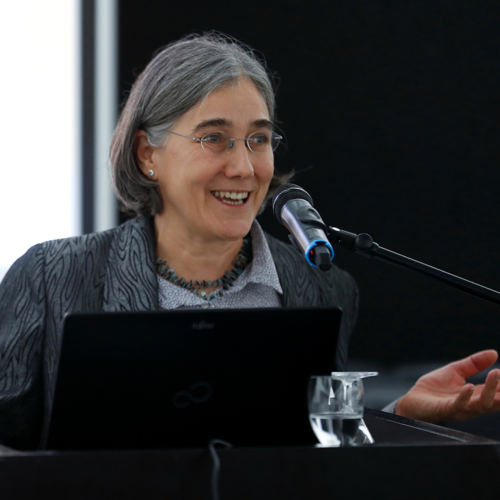D: Professions and Professionals in a Globalizing World
Professions and professionals have long had a central role in economy and society, and in the current era they remain as central as ever. In particular, professions and professionals play a central role in addressing some of the key socio-economic concerns of our time, from climate change to corporate governance, ageing populations to trade regulation. There are, however, some distinctive features of the contemporary role of professions and professionals compared to earlier eras. The meaning of the term profession and professional has evolved. Alongside the ‘traditional’ professions such as accountancy, architecture, law and medicine, a series of ‘new’ professions and professionals have emerged, such as management consultancy and project management, that rely on discourses of expertise, ethics and client service to carve out a role in markets and legitimise claims to a role in issues ‘old’ professions also claim jurisdiction over. Professionals frequently work in large, often multinational organizations that they shape with discourses and identities while being at the same time inserted in new forms of division of labour with other occupational groups. Professions and professionals increasingly operate in and form transnational regimes, and practice in and exert influence through large and global professional service firms but also non-professional organizations as diverse as charities, lobby groups and non-governmental organizations. They also form compacts with corporations, states, and inter-governmental organizations to advance one-another’s interests. Hence, change, re-scaling, redefinition, and re-organization are core themes at the heart of work on professions and professionals.
Through the Professions and professionals in a globalizing world network we seek to develop critical analysis of contemporary developments. In particularly, we are interested in the way changes place professions and professionals at the centre of topics that are at the heart of the SASE agenda, such as transnational governance, varieties of capitalism in a global world, and global economic development. Thus papers might address, but are certainly not limited to, topics such as professions and professionals:
- In global organisations, from the professional service firm to inter-governmental organizations;
- In transnational governance, lobbying and standards;
- In developing and emerging markets (particularly from post/neo-colonial perspectives);
- In global issue control, such as in relation to climate change and trade.
The network invites contributions from a variety of intellectual traditions and disciplines, including sociology, political science, economics, geography, anthropology and management studies.




